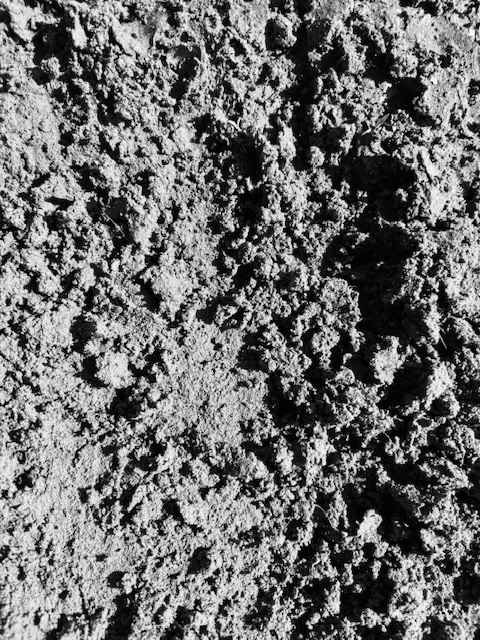May 28, 2024 – While I take great pride in studying multiple sources of the literature and using the information to put together my articles, every few years one source is so good or different, I just cite it. This article comes from “Soil Science for Gardeners” by Robert Pavlis. It’s the best book I’ve ever read on soils that explains without getting too technical.
Just about every extension agent, university, master gardener, and many others have a universal statement that says, “If you want a garden, you must get a soil test and keep getting them in the future.” Several agencies provide them at reasonable prices that vary according to whether you want a basic or advanced test.
A basic test measures pH, phosphorus, potassium, calcium and magnesium, but you can request additional micronutrient testing. Nitrogen is often not measured or mentioned because it changes so much in so little time. By the time you get a soil test back, the nitrogen will probably have changed and changed a lot! Most labs estimate the amount of nitrogen you need based on other nutrients, organic matter, and local experience.
If you’re only going to fertilize for low or missing nutrients, a soil test is good. If you plan, however, to add manure or organic compost, the soil test is a waste of time. A soil test is great for a new garden, but if you’ve been growing a while with good results, a soil test is probably a waste of time.
If you mulch or add organic compost yearly, return used plants back to the soil (tomatoes excepted), and/or your plants are doing well, you probably don’t even need to fertilize, let alone get a soil test. I add 1-2inches of compost annually and haven’t fertilized or gotten a soil test in 12 years.






